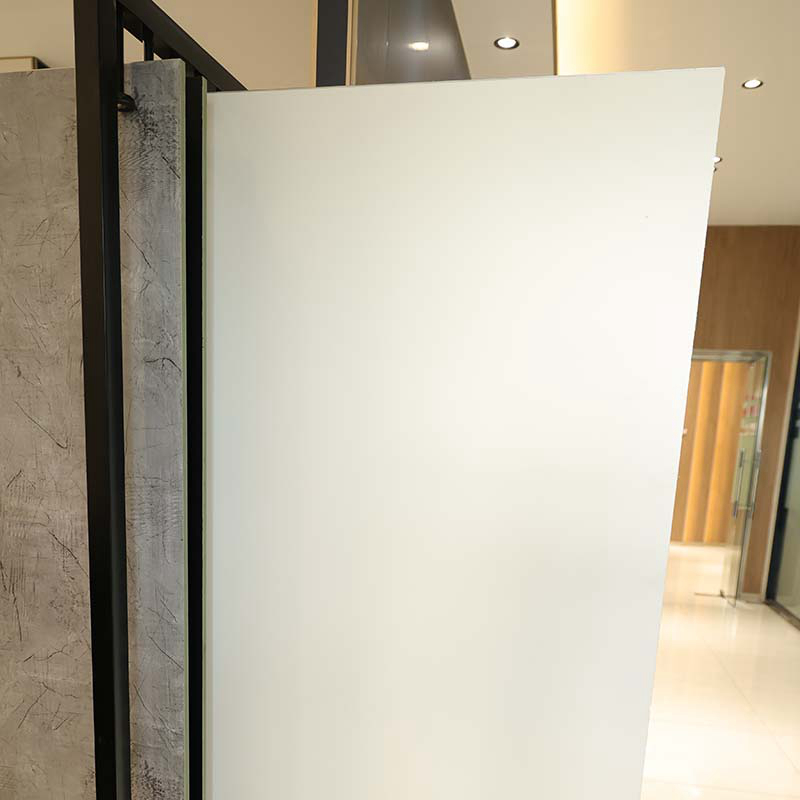In recent years, there has been a growing concern about the environmental impact of various industries, including the construction sector. As a result, many homeowners and designers are seeking sustainable alternatives for building materials, including flooring options. One such option that has gained popularity is bamboo charcoal tiles. These tiles not only offer a sustainable solution but also add a touch of style to any space.
Bamboo charcoal tiles are made from a combination of bamboo fibers and charcoal. Bamboo is a highly renewable resource as it can grow rapidly without the need for excessive amounts of water, pesticides, or fertilizers. This makes it an excellent alternative to traditional hardwood flooring, which often involves cutting down old-growth trees. Furthermore, bamboo is known for its durability, making it an ideal material for flooring that can withstand heavy foot traffic.

The addition of charcoal to the bamboo fibers enhances the tiles’ functionality and aesthetic appeal. Charcoal is well-known for its natural ability to absorb odors and moisture, making it a desirable choice for areas prone to dampness, such as bathrooms or basements. Bamboo charcoal tiles actively purify the air by absorbing harmful toxins such as formaldehyde, benzene, and ammonia. This feature contributes to a healthier indoor environment, especially for individuals with respiratory conditions or allergies.
Apart from their eco-friendliness and functional benefits, bamboo charcoal tiles also offer a wide range of design options. They are available in various colors, patterns, and finishes to suit different interior styles. Whether you prefer a modern, minimalist look or a more traditional aesthetic, there is a bamboo charcoal tile design that will complement your space. The tiles can be installed in a traditional square shape or in innovative patterns, such as herringbone or chevron, to create a unique and eye-catching floor design.

Maintenance of bamboo charcoal tiles is relatively easy, making them suitable for busy households. Regular sweeping and occasional mopping with a damp cloth are usually sufficient to keep the tiles clean and well-maintained. Additionally, the tiles’ moisture-absorbing properties prevent the growth of mold and mildew, reducing the need for harsh chemical cleaners.
In conclusion, bamboo charcoal tiles offer a sustainable and stylish flooring option for eco-conscious homeowners and designers. Their use of renewable resources, durability, air-purifying capabilities, and design versatility make them an excellent choice for any space. By opting for bamboo charcoal tiles, you not only contribute to a greener planet but also create a beautiful and healthy living environment. So why not consider these tiles for your next flooring project?
Previous: Exploring the Unique Beauty of Charcoal Wood Panel
Next: Bamboo PVC: The Perfect Blend of Traditional and Modern in English

Carbon crystal plate (wbt670)
product description: What is the material of the carbon crystal plate? The carbon crystal plate is made of natural bamboo powder, calcium powder, new polymer composite material, carbon crystal powder and PVC powder. The raw materials do not contain f...

PVC plastic bed board (wbt400)
A PVC plastic bed board is a type of bed support that is made from polyvinyl chloride (PVC) plastic. It is designed to be placed on top of a bed frame or slats to provide additional support for the mattress. PVC plastic bed boards are lightweight, du...

Carbon crystal plate (wbt660)
product description: What is the material of the carbon crystal plate? The carbon crystal plate is made of natural bamboo powder, calcium powder, new polymer composite material, carbon crystal powder and PVC powder. The raw materials do not contain f...

China PVC bathroom partition board (yellow)
PVC bathroom partitions are a popular choice for modern bathrooms due to their durability, versatility, and low maintenance features. PVC, or polyvinyl chloride, is a synthetic plastic material that is made from ethylene and chlorine. When it comes t...